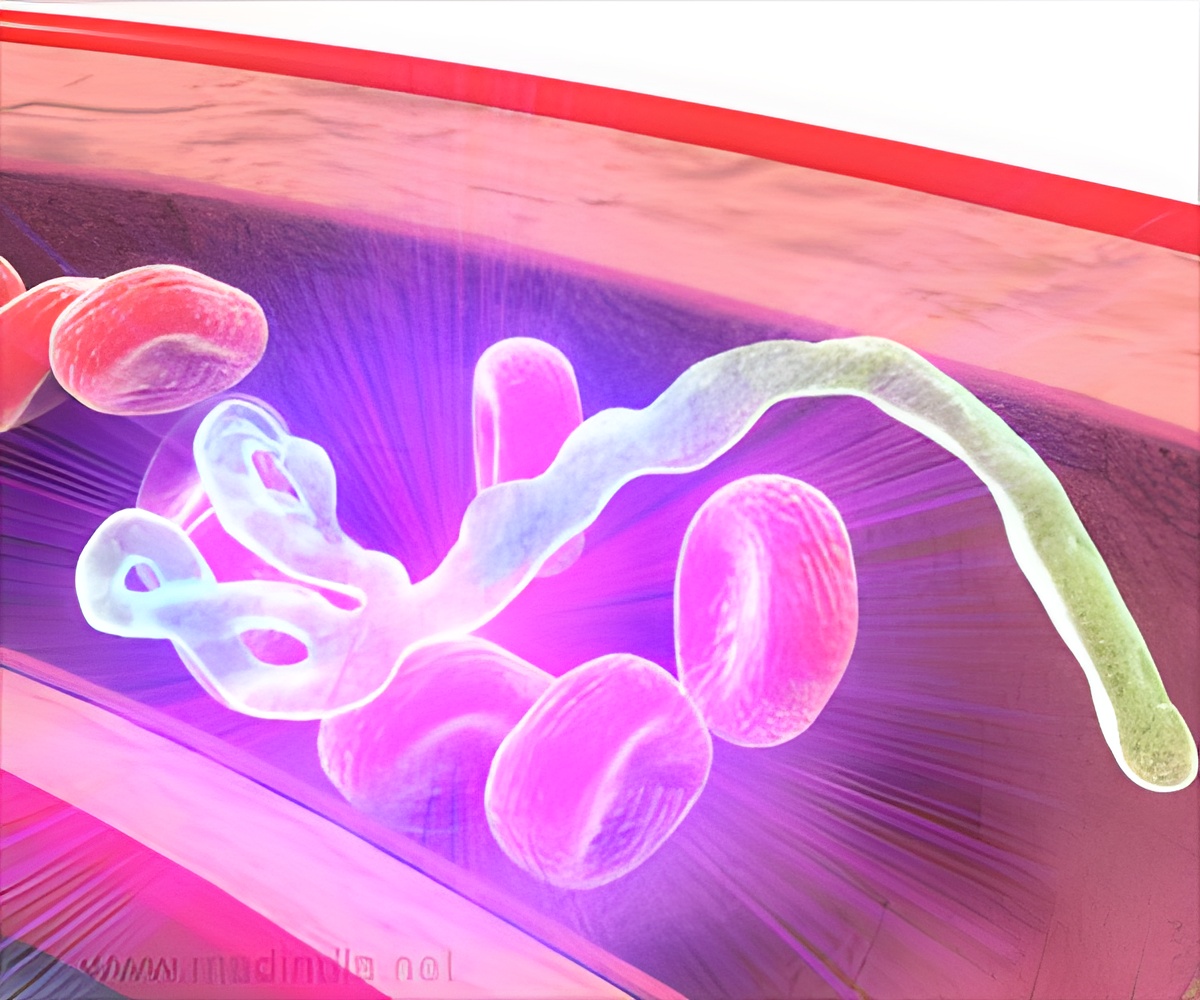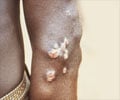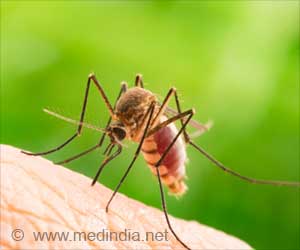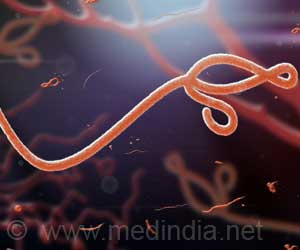Broadly neutralizing antibodies found in plasma of Ebola survivors by a research team at the National Institute of Allergy and Infectious Diseases may lead to the development of future therapies.
A set of powerful, broadly neutralizing antibodies (bNAbs) has been discovered in the blood of Ebola virus disease (EVD) survivors by a research under the National Institute of Allergy and Infectious Diseases (NIAID).
James E. Crowe, Jr., M.D., of Vanderbilt University Medical Center, Nashville, and Alexander Bukreyev, Ph.D., of University of Texas Medical Branch, Galveston, headed the research team. The investigators analyzed blood plasma from 17 people who had recovered from EVD. Antibodies isolated from two survivors bound to an essential virus protein, called glycoprotein or GP, from Zaire, Bundibugyo and Sudan Ebola virus species, and prevented the viruses from entering host cells.
TOP INSIGHT
A set of powerful, broadly neutralizing antibodies in the blood of Ebola survivors may lead to the development of new Ebola therapies.
uses GP to attach to cell membranes and initiate infection. In a series of experiments, the team delineated interactions between various forms of viral GP and three of the newly isolated bNAbs. The results provided evidence of multiple mechanisms by which the antibodies inhibit actions of all forms of GP, thus preventing infection by halting viral entry into the host cell. The team also determined that one of the bNAbs, EBOV-520, recognizes and binds to a portion of virus GP in such a way that prevents it from interacting with a cell surface protein called NPC1 and initiating the infection cycle.
The researchers conclude that these broadly neutralizing antibodies are promising candidates for further development as therapeutic molecules against several ebolavirus species.
Source-Eurekalert

 MEDINDIA
MEDINDIA




 Email
Email




